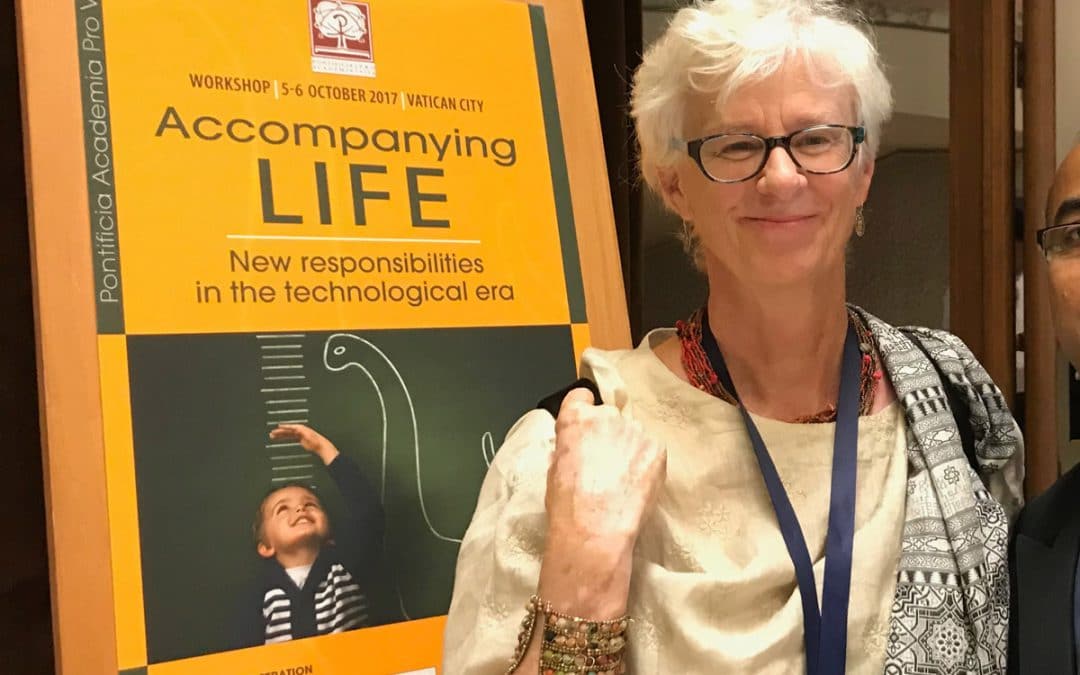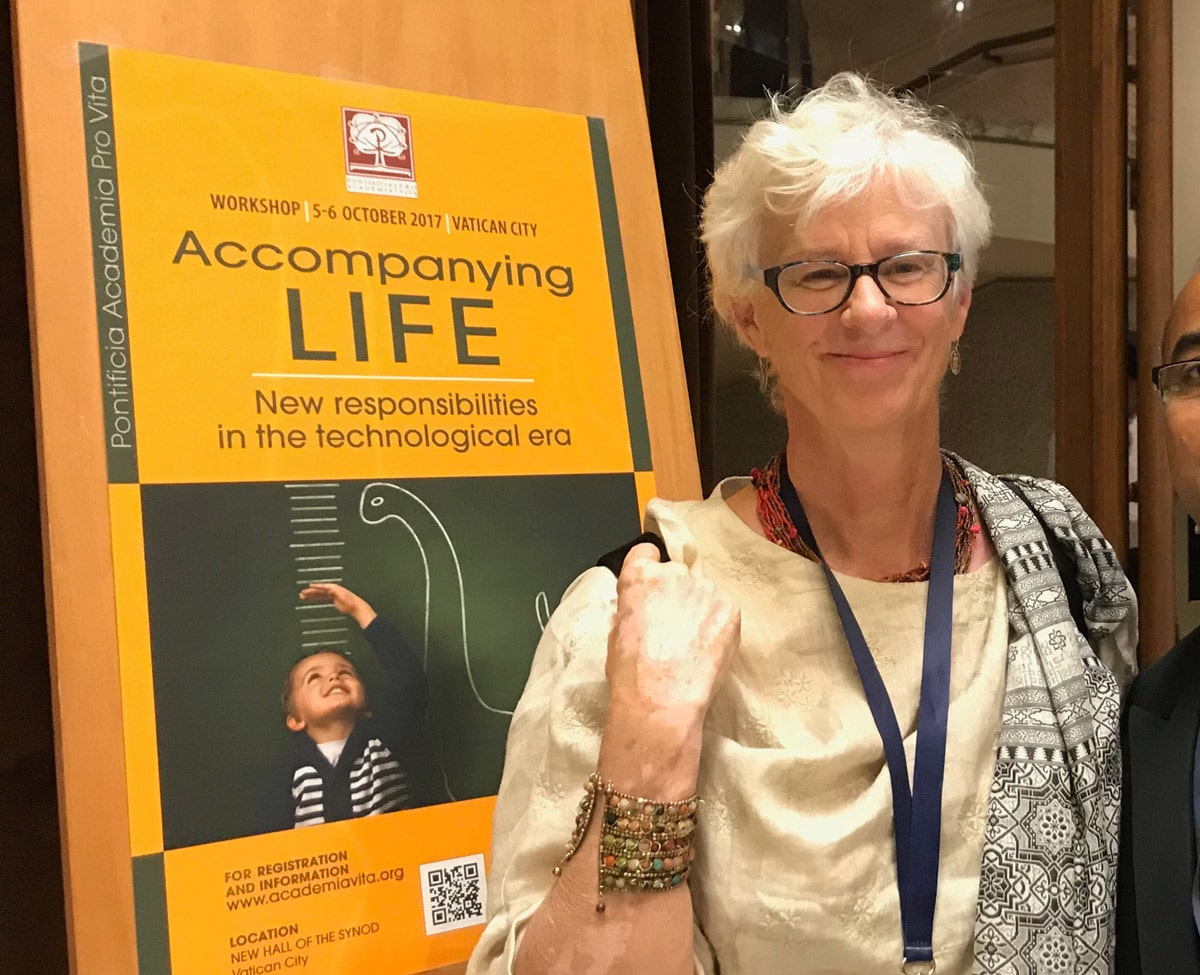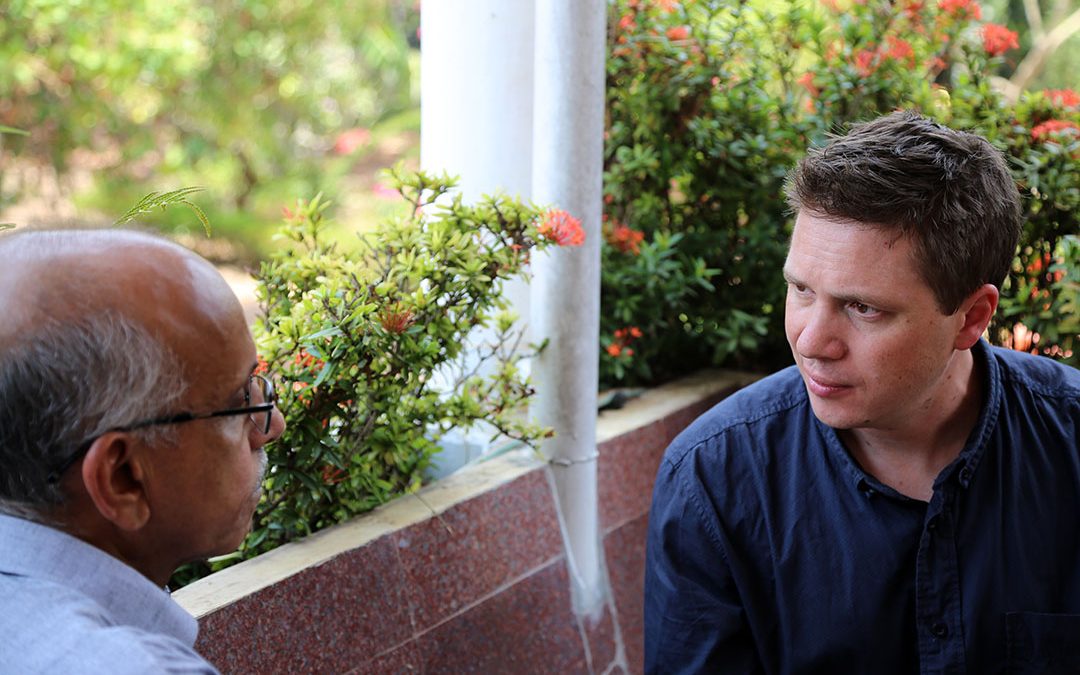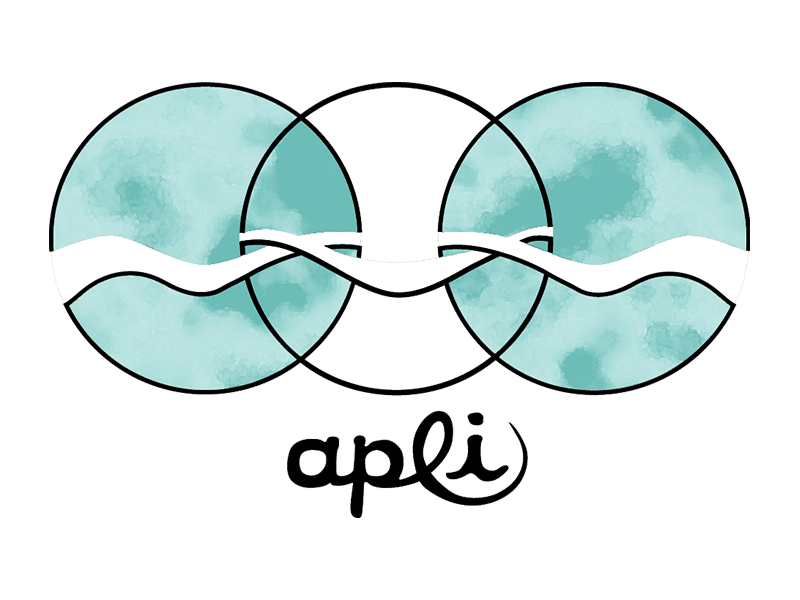
Tribute to Dr Raj, My Advocacy Mentor: Hippocratic Film
A Tribute to Dr Raj
Dr Raj, my advocacy mentor. I first met Dr Rajagopal in 2010 at the University of California Fresno at a Hinds Hospice sponsored conference on Hospice and Palliative care in Developing Countries. At that time, I was a hospice volunteer and graduate student of health leadership at UC San Diego, looking to build a career in hospice administration.
Little did I know that meeting Dr Raj and Dr Anne Merriman at that conference would change the course of my life.
Their testimony about the lack of access to strong pain medicines in India and Africa so shocked me that I switched my major to Health Law and Policy, so I could study the international law governing access to controlled medicines (“narcotic drugs”). I entered the Leadership Development Initiative at the Institute for Palliative Medicine, San Diego, and eventually found a career in global palliative care advocacy, moving to Europe to do advocacy at the Commission on Narcotic Drugs in Vienna, and the Human Rights Council in Geneva.

It has been my enormous privilege to meet and spend time with palliative care colleagues from all over the world, many of whom I now call friends, in order to speak for them and their patients at the policy-making bodies where UN member states pass the resolutions and declarations governing global health and human rights.
The big advocacy issues we are working on now are palliative care in the context of the 2030 Agenda for Sustainable Development, and access of older persons to palliative care and controlled medicines when they need it. We have a terrific international advocacy team with the World Hospice Palliative Care Alliance, the International Children’s Palliative Care Network, and the Pain Policy Studies Group.
The need to improve access to palliative care and controlled essential medicines (opioids such as morphine for the relief of severe pain) is tucked into Target 3.8 of the Sustainable Development Goals, which requires governments to provide Universal Health Coverage (UHC), quality health services, and essential medicines. Because the words “palliative care” do not actually appear in the text of Target 3.8, the work is to continually remind both the World Health Organisation and UN member states — all of whom have signed up to Agenda 2030 — that UHC includes palliative care.
This is the case because so many individuals and households fall into what economists call the “health poverty trap” when they pay for catastrophic out of pocket (OOP) expenses associated with serious illness.
The existence of palliative care services, especially the sort of community-based palliative care found in the Kerala model, can prevent families from falling into debt as a result of catastrophic OOP expenses, and as one of Dr Raj and colleagues’ studies shows, basic caregiver training can help households emerge from the health poverty trap, strengthened and more resilient.
Much work remains to be done
At the local, national, regional and international levels, much work remains to be done to bring palliative care to all the people who need it, but the international law and policy framework now exists, thanks to leaders such as Dr Raj.
Our advocacy work is now focusing more on informing policymakers and palliative care providers at the national and regional levels about the policies their governments have signed up for. These include (among others) the World Health Assembly Resolution 67/19 on palliative care, the UN General Assembly Special Session on Drugs Outcome Document, which requires countries to improve access to controlled medicines, and the Inter-American Convention on Protecting the Rights of Older Persons, which stipulates a right to palliative care and pain medicine.
The International Association for Hospice and Palliative Care holds regular advocacy and opioid availability workshops on the invitation of national and regional palliative care associations and governments. We also provide scholarships for palliative care workers to attend international conferences and training to improve their skills and inform colleagues about the development of services in their countries. For more information, to join IAHPC, and follow my monthly reports, see http://hospicecare.com and sign up for our newsletter.
Dr Rajagopal is a lifetime member of IAHPC and has served on our Board. He is my mentor and I humbly thank him for the life and career I have now.
Katherine Irene Pettus, PhD
Advocacy Officer International Association for Hospice and Palliative Care
If you enjoyed reading this blog you may also like An Interview with Dr Stephen Connor: Don’t leave those suffering behind
To read more blogs on palliative care and Dr Raj please click here

HIPPOCRATIC FILM DIRECTOR MIKE HILL
LIGHTS, CAMERA, SOCIAL ACTION!
In 2009 I met Dr Raj. The experience profoundly shaped my perspective on life. I was immediately struck by Raj’s gift for speaking from the heart about finding meaning through service to others and I feel passionately that this wisdom needs to be shared.
Since that time I have been crafting Hippocratic, a feature film that speaks about the human condition through the eyes of this singular Indian doctor. I believe this film can do a great deal of good in many ways. It has the potential to fan the flames of a social movement that will enrich countless lives.
As for many of you reading this, Dr MR Rajagopal holds a place very close to my heart.
I first met Raj in 2009 in Dublin where I interviewed him for Life Before Death. I was immediately struck by Raj’s gift for speaking from the heart about pain, suffering and palliative care.
Later I travelled to Trivandrum to film with Raj and was struck yet again by the man’s exceptional range. By that time I had the privilege of capturing palliative care stories in 10 diverse countries. Wonderful palliative care professionals, advocates and activists of multiple disciplines were doing tremendous work wherever I went.
However I had never witnessed a single person doing what Raj was doing – attending to patients in the clinic, in the community and in their homes, as well as lobbying Governments, drug controllers and the global medical industry to bring about change.
This remarkable ‘bottom-up, top-down’ agility started to make more sense to me after I discovered that one of Raj’s key mentors was Mahatma Gandhi who had achieved the same remarkable range.
On face value it may seem odd that an Australian director with roots in the South Pacific is making a film about an Indian doctor.
However, my journey to this point has, at every step, seemed inevitable. As international advocate and documentarian, the paths of Raj and I crossed so many times in so many corners of the world during our early years that my suggestion to make a biographical film was met with a simple “of course”.
I know of no other filmmakers who have dedicated so much of their careers to exploring how we die around the world than my team and I. We have covered this theme in a myriad of ways in over 20 countries through stories of the young, the old and those in between. And what we’ve learnt is that there is so much more to be done to develop a universally accessible system of ethical, compassionate medicine that has the power to eliminate unnecessary human suffering and transform the world as a result.
Raj’s story promises something singular. The opportunity to explore this theme through the story of an individual doctor of exemplary compassion and capacity. One person who embodies the mission and principles of an entire movement that seeks to revolutionize health care. A man whom dozens of global leaders, giants in their own rights, are currently banding around to support a nomination for the Nobel Peace Prize.
By telling this small but epic story, we believe can activate a general audience and inspire a generation of health professionals and shape the world for a better tomorrow.
Success looks like this:
– The film is broadly distributed through the mass media and ‘ethical medicine’ is reported widely in the mainstream press driving grass roots understanding and demand for pain and palliative care services.
– The film becomes a fixture in the curriculum of doctors and nurses worldwide informing generational change in the ways health professionals practice.
– Targeted strategic events raise the profile of access to affordable health care, compelling policy-makers and industry leaders to action positive social responsibility initiatives placing them on ‘the right side of history’.
In short, success is contributing to a world without unnecessary suffering.
Thanks for joining me on this journey!
Mike Hill









Recent Comments